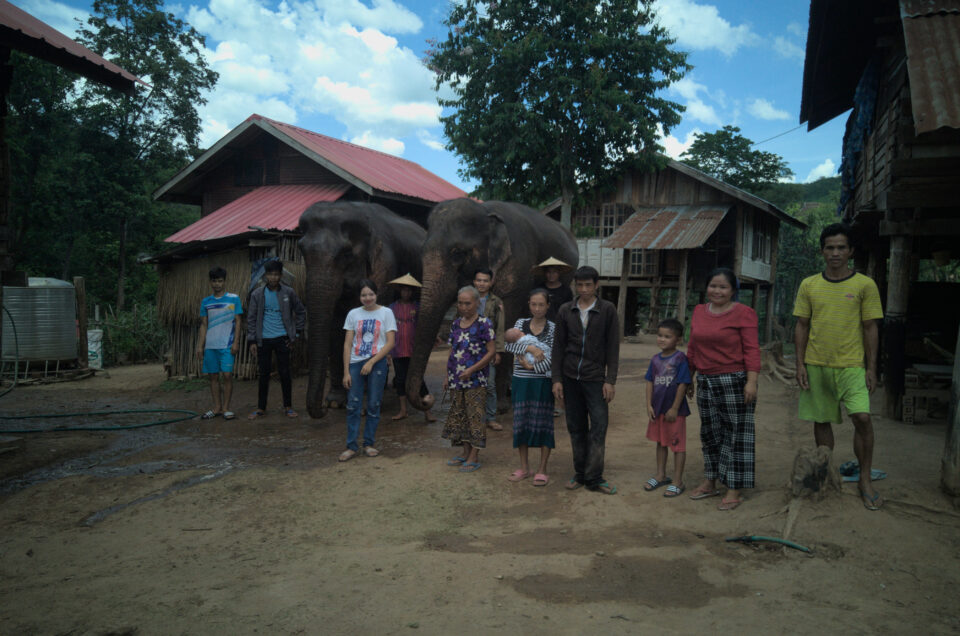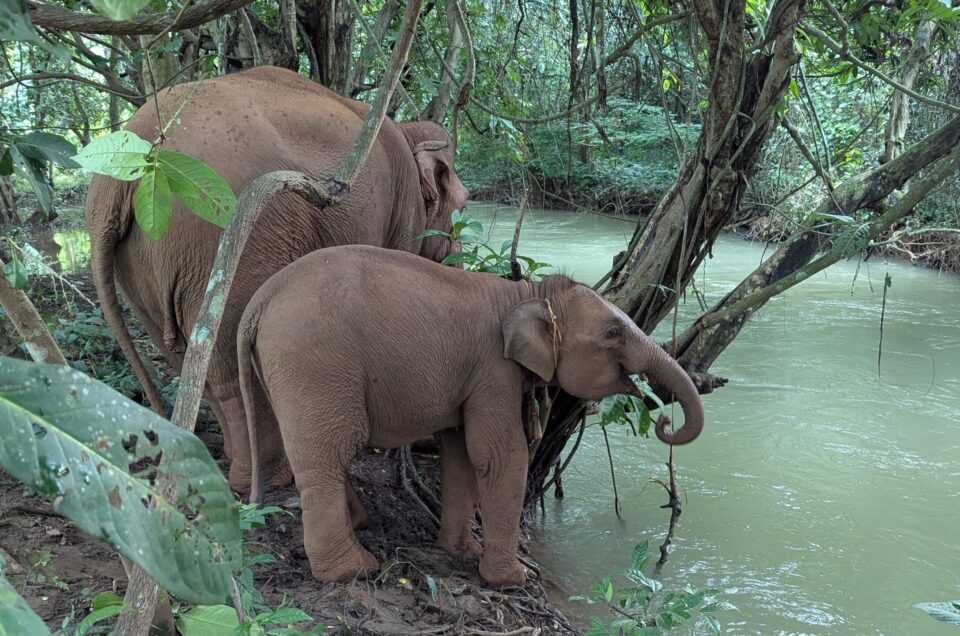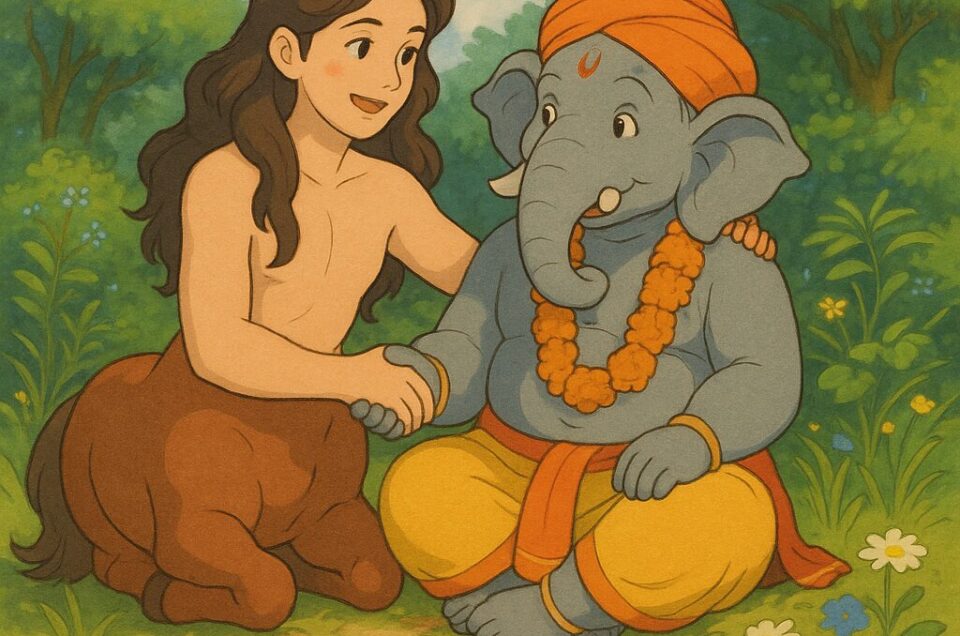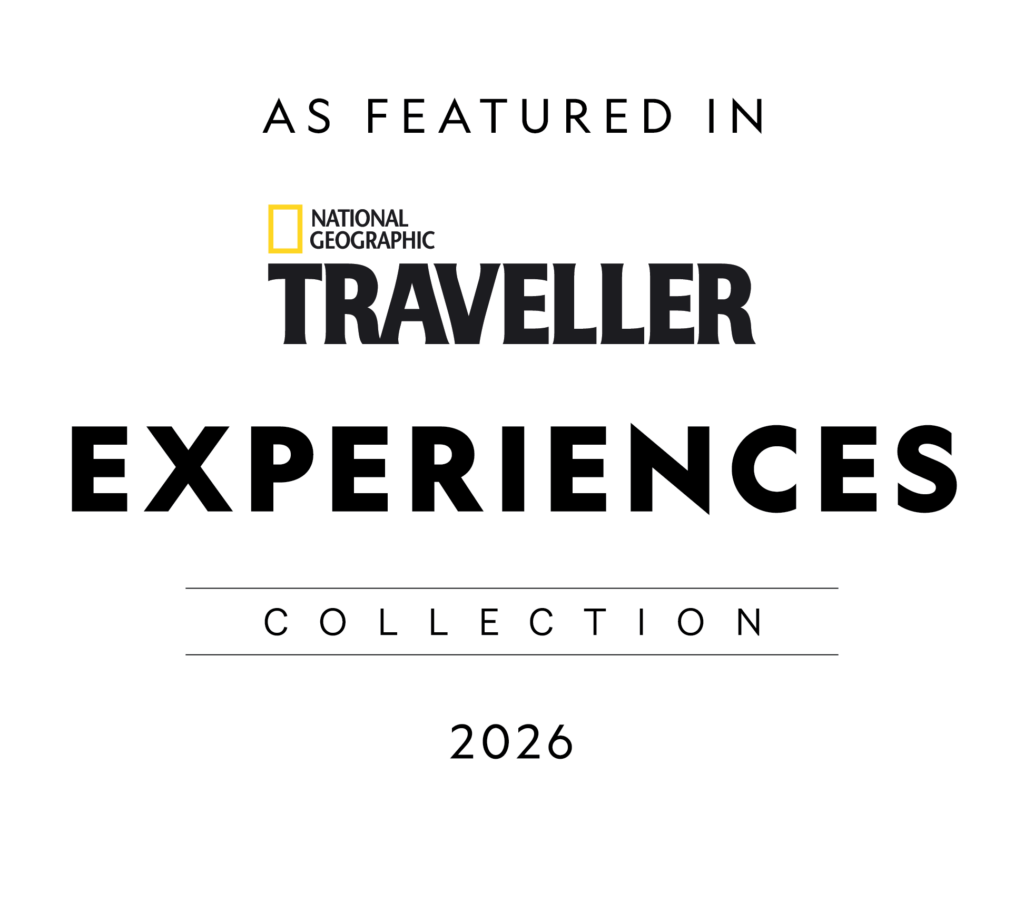Characters:
- Dr. Anya Sharma: An Animal Welfare Scholar
- Mr. David Chen: An Animal Rights Activist
- Uncle Kham: A Veteran Laotian Mahout from Manifa Elephant Camp
Moderator: We have covered so much ground today. This leads us to the ultimate question for many tourists and advocates: Should all activities involving direct interaction with elephants be banned or boycotted? Mr. Chen, what is the stance of the animal rights community?
Mr. David Chen: From an animal rights standpoint, yes. We see boycotts and bans as necessary and powerful tools to dismantle systems of exploitation. All forms of elephant tourism where animals are used for human ends—whether for riding, bathing, or feeding—are inherently exploitative. The interaction itself, regardless of how “gentle” it appears, is a breach of the elephant’s autonomy. Therefore, the only ethical choice for a consumer is to refuse to participate, thereby withdrawing financial support from the industry and pressuring it to change fundamentally, toward a model of non-contact observation in genuine sanctuaries.
Dr. Anya Sharma: And while that position comes from a place of well-intentioned concern, from an animal welfare perspective, blanket bans and boycotts can be catastrophic. They focus on categories of activity rather than the actual conditions under which those activities take place. This overlooks the reality that responsibly managed interactions can contribute positively to an elephant’s physical and mental wellbeing by providing stimulation and exercise. More critically, eliminating tourism income without providing sustainable, well-funded alternatives can lead to far worse welfare outcomes for the elephants. We’ve seen it happen: elephants may be returned to grueling work in logging, legal or illegal; sold to private zoos or circuses, often abroad; or, in the worst cases, they may even fall victim to poaching when their owners can no longer afford to protect them. Pragmatic reform, not moral panic, is what leads to better lives for these animals.
Uncle Kham: (Nods, his expression somber) What Dr. Anya says is the reality we live with. These calls for boycotts, they sound simple from far away, but here on the ground, they are a storm that threatens to wash everything away. For us, our elephants are co-inhabitants, they are our kin, our cultural heritage. To ban all interaction is to say that our centuries-old way of living with them is wrong. It makes our knowledge, passed down from our ancestors, seem worthless. When foreign campaigns tell tourists to stay away, they don’t see what happens next. They don’t see the mahout who has no way to feed his family, or his elephant. They don’t see the impossible choices he faces: sell his lifelong companion to a circus, or worse. In a country like Laos, where our elephant population is small and aging, this could lead to their disappearance from our land forever.
Mr. David Chen: The difficult consequences are undeniable, but we see them as symptoms of a broken system. The responsibility to create alternatives should fall on governments and the conservation community, not on activists to stop calling for an end to what we see as fundamental exploitation. A boycott is a clear moral signal that the world no longer accepts the commodification of sentient beings.
Dr. Anya Sharma: But that signal can be a blunt instrument that harms the very animals it aims to protect. This is why many of us are now advocating for a different model, what we might call “convivial conservation.” This is the vision we are trying to build at places like Manifa Elephant Camp. It doesn’t see elephants and people as problems to be separated, but as interdependent partners. It means focusing on improving welfare through excellent training and veterinary care; it means sustaining the livelihoods of mahouts and local communities so they can care for their elephants without resorting to harmful alternatives; and it means educating tourists to choose camps that prioritize an elephant’s quality of life over a passive spectacle.
Uncle Kham: Yes. A partnership. It means people from outside don’t just come and dictate terms without listening to us, the people on the ground who live with and love these elephants every single day. It means resisting a kind of ethical imperialism.
Moderator: So, you are proposing a move away from simple “yes” or “no” answers toward something more collaborative and context-specific.
Dr. Anya Sharma: Exactly. Boycotting all interactions ignores the realities on the ground and risks causing the very suffering it hopes to prevent. Instead of asking, “Should we ban interaction?” we should be asking: “How can we make interactions better—for elephants, for mahouts, and for the entire ecosystem?”
Mr. David Chen: And while we may disagree on the ideal endpoint, the call for better welfare, transparency, and an end to abusive practices is something we can all agree on. The pressure from tourists has been crucial in forcing camps to improve.
Dr. Anya Sharma: That’s true. The key is to channel that pressure constructively. So the question becomes: How can tourists, NGOs, scientists, and local communities collaborate on long-term, sustainable solutions? And we must always ask ourselves: Whose values are shaping this debate, and who gets left out when we follow those values blindly?
Uncle Kham: It is about working together. Like a good mahout and his elephant.
Moderator: A perfect final thought. Ethical tourism, then, is not about turning your back and walking away.
Dr. Anya Sharma: No. It means walking forward—together, with open eyes and a much deeper understanding.





![[1] Q: Are Elephants in Tourism Wild or Domesticated?](https://manifatravel.com/wp-content/uploads/2023/03/elephant-vet4-780x636.jpg)

